This is a #coachbetter roundtable discussion featuring educators working in international schools in the Asia region, and how they are handling extended closures due to the Coronavirus. We talked about everything from logistics and structure of online learning, to the community and mental health aspect of dealing with long term closures.
Subscribe to #coachbetter via your favorite Podcast Player!
Featured Guests



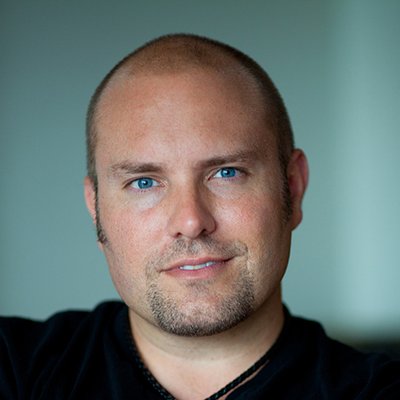
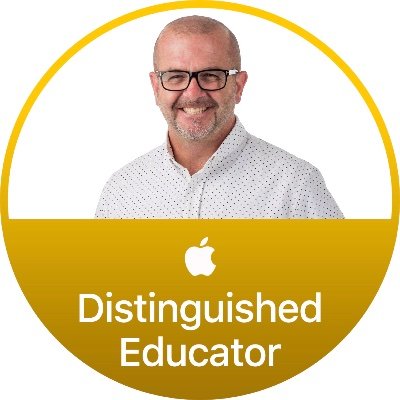



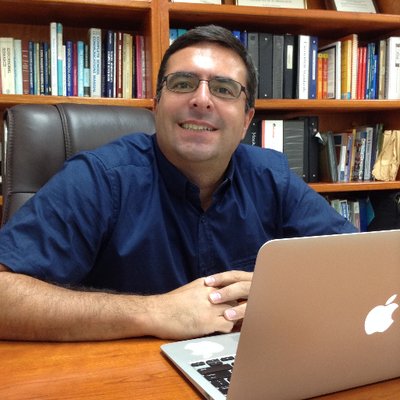
Bonus! Watch the Spotlight Version on YouTube!
Highlights from the Episode
How are schools handling potential extended closures?
SAS: Closure was announced last Sat. Extended from Feb 17 indefinitely. Over the last week, admin have been meeting to get to a point to put info out to teachers and then parents & students. Tech team and librarians have been working on putting resources together. Online learning starts tomorrow.
AISG: Two-week Chinese new year break, in the middle of break, teachers are scattered all over the place. Monday is a work day to prep. Adapt as the plan rolls out. China-based IT staff is there, and getting things set up. Coaches have been curating resources.
WAB: Some resources are in place. Most people were working through break. School was open for an hour each day to pick up devices. Started today. Prepared after SARS.
ISB: Similar to WAB, started today. Kind of exciting, last night was like “first day of school jitters”. Seesaw in ES.
SAS: Getting a lot of value out of Seesaw. It’s become the anchor of our distance learning support.
Korea: no closures yet. ES will use Seesaw. MS/HS Google Classroom, meet / hangout to get some discussion going (splitting one period into smaller groups), have shared with parents.
BKK: No closures yet, currently in limbo, last week started putting structures in place. Running tests this week: Secondary will run a full online day on Wed. Secondary is on Zoom. Classes will be scheduled at the same time, need to be in appropriate dress, have to ask to go to the bathroom. Set some realistic expectations for Seesaw last year.
What does this mean for student learning? What will the structure be for online learning? What are the expectations for students and for teachers?
SAS: Asynchronous plan because so many people are outside of Shanghai. Initial decision is to stay asynchronous. LMS (Schoology), but student learning is focused on SeeSaw. Teachers are expected to post learning targets for every period, students are expected to respond to discussion boards. Teachers, counselors & administrators will monitor what’s happening. If a student isn’t “showing up”, you let someone higher up the food chain know so that contact can be made with parents. One of the most important learnings from previous closures, is that when students don’t “show up” becomes demoralizing and demotivating to teachers. Pushing out expectations to parents and students early.
Guangzhou: Learning leaders put together parameters. We’re providing the learning opportunities for students, to meet government & accreditation requirements. Have been in touch with IB for Diploma students. Clear expectations of teachers: MS 365: teams & one note. Families are scattered, so it has to be asynchronous. People are very motivated, teachers are sharing what they’re assigning via a spreadsheet.
ISB: Patience & Flexibility: to teachers & families. We’re all figuring this out together. Reception has been very positive. Students are excited to come back to school. Many students are in Beijing and they’re bored and ready to go back to school. Dragon’s Exchange LMS, ES uses Seesaw. Teachers are asked to hold office hours from 9-12 Beijing time where they need to be available for students. Students can access their learning whenever they want, but they know for those three hours, they can get a hold of their teacher if needed.
WAB: Office hours are the school day (8:30 – 3:30) for this week only. Info and expectations were clarified very early. Will be reevaluated next week. Not working so well for little kids “how am I going to keep my kids busy during these hours?” Parents remotely working, trying to get younger kids to complete projects for school. Lots of counseling being offered. Mentoring for all students, expectation is that you have to connect with your mentor group. At some point, face to face conversations with kids are required. Now kids are started to connect with other students.
ISM: Philippines had a rough start to 2020, already had 2 days off due to the volcano. Plans are flexible, asynchronous, but the expectation is that teachers will be available throughout the day. Teachers are expected to check for email throughout the day, and post regularly.
What procedures have been put in place to prepare teachers / parents / students?
Guangzhou: Parameters document setting out general expectations for how much work. You don’t have to give them everything all at once. Start by getting into routines.
ISB: Survey sent out to K12 to see how the day went. Getting that same feedback from families. Being honest & transparent, and getting feedback. What happens to parent education? So many events are now cancelled, losing playground culture.
Annalee: providing spaces for parents to share what’s working. Opportunities to engage with grade level representatives to lend some structure instead of being a free-for-all. Building and engaging the parent community. We automatically focus on our students and teachers, and we need to remember that parents are an essential part of the trinity.
Ben: It’s encouraging to see how much people are going for it. Can’t forget about the community piece.
Diana: People all around the world are providing support and ideas. China EdTech group on WeChat, now an MS Teams to collaborate further.
Brandon: Tech Directors are being very open and sharing plans, including schools in Europe, getting a whole range of perspectives. Good to see people admitting they don’t know everything.
How are we prepared for the mental health aspect of this?
Jeff: DP students who are already under tremendous amounts of stress, and now are expected to do all of this digitally. Seniors are going to have a variety of experiences ripped from them with no say. This would be so hard to manage.
Reminder that kids need to get out and move. We already struggle with screen time – make sure that we keep up with “recess”
Julie: It’s scary to be outside in China, some people have to self-quarantine. Importance of being creative with exercise
Annalee: In the last day or so, attention has begun to turn to social and emotional care. It’s not just about kids “doing the work”, it’s about taking care of students from a personal perspective. How can we filter that non-academic, but still important to my life, stuff?
It’s important to channel information concisely so it’s not so overwhelming. First wave was focused on academic. Second wave can involve more counselors, learning support.
Ben: Communication is so important. What we say and how we say it has a big impact. Consistent message that aligns what you’re doing, how your doing it, and the mission and vision.
How can we make learning engaging and also realistic under these conditions?
Angela: Many VPN issues for kids living in China. Flipgrid so kids can have the face-to-face all over the world, and hear and see their friends (speaking and listening, doing research, sharing what you know, plus human connection – may not be real time, but at least I get to see you). Still in the work around process.
Annalee: It’s expected that if everyone can’t access it, we need to find a way around it. Must be something accessible without a VPN. Importance of students being able to see student and teacher faces, and hear their voices. Teachers are videoing themselves every day so that kids and parents have another avenue to engage in the learning process. Continuing to provide VPN-free friendly ways to do that. Keeping the human-to-human connection.
Diana: We have to deal with accessibility. Lots of innovation is going to happen.
Be sure to check out our Remote Learning during COVID-19 Resource Page – it has a wealth of resources on it already and we’re adding to it regularly. Our guests today have added many resources to the page too.
Level Up Your Coaching with The Coach!
If you are ready to dive deep into your coaching practice, to help you #coachbetter and build a thriving coaching culture in your school, please join us for our next cohort of The Coach!
Wherever you are in building a coaching culture in your school, The Coach will give you the strategies, skills and tools you need to make coaching a success and will empower you to confidently apply instructional coaching strategies in any situation – from building a coaching program, to having coaching conversations, to being a leader in your school community. We facilitate only one cohort each academic year so we can offer individualized support for each participant.
Coaches of all levels are welcome: you’ll start the program with a self-assessment to determine exactly what the next steps are for you!
Registration for our next global cohort opens once a year – check the website for details!
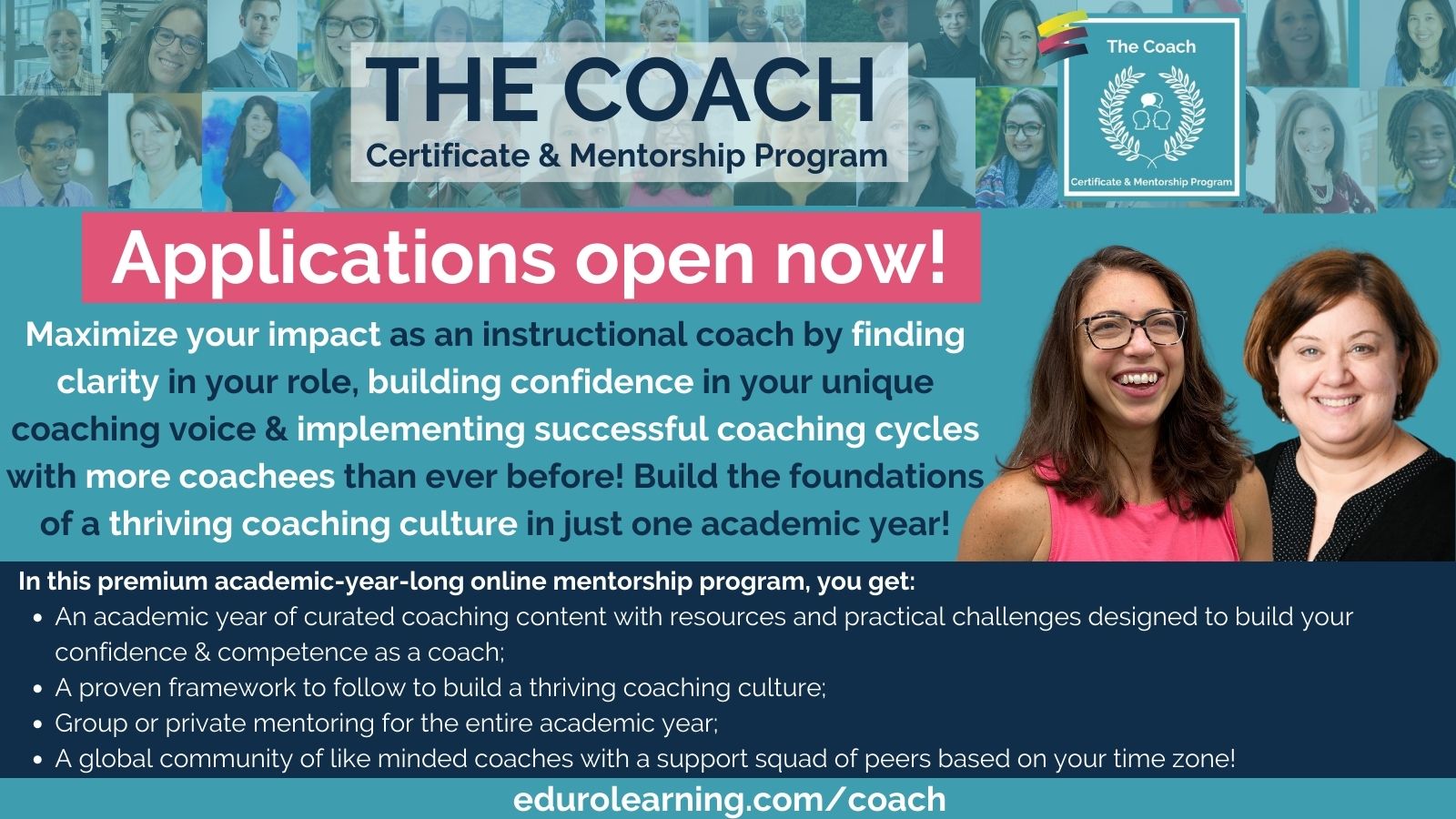
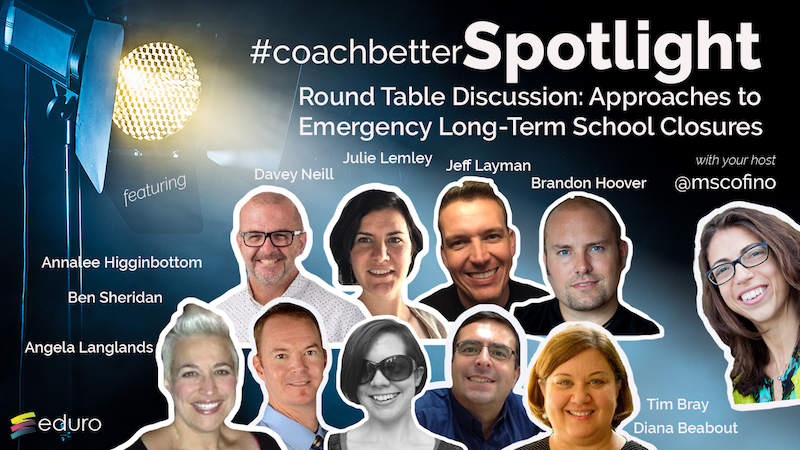




Recent Comments